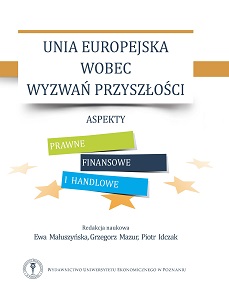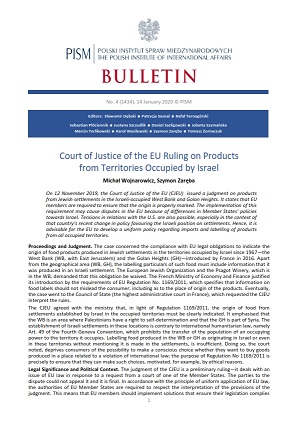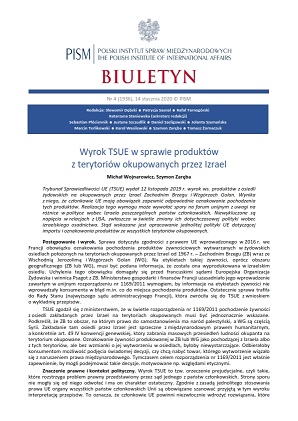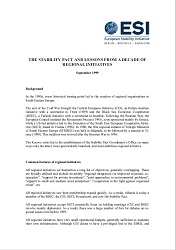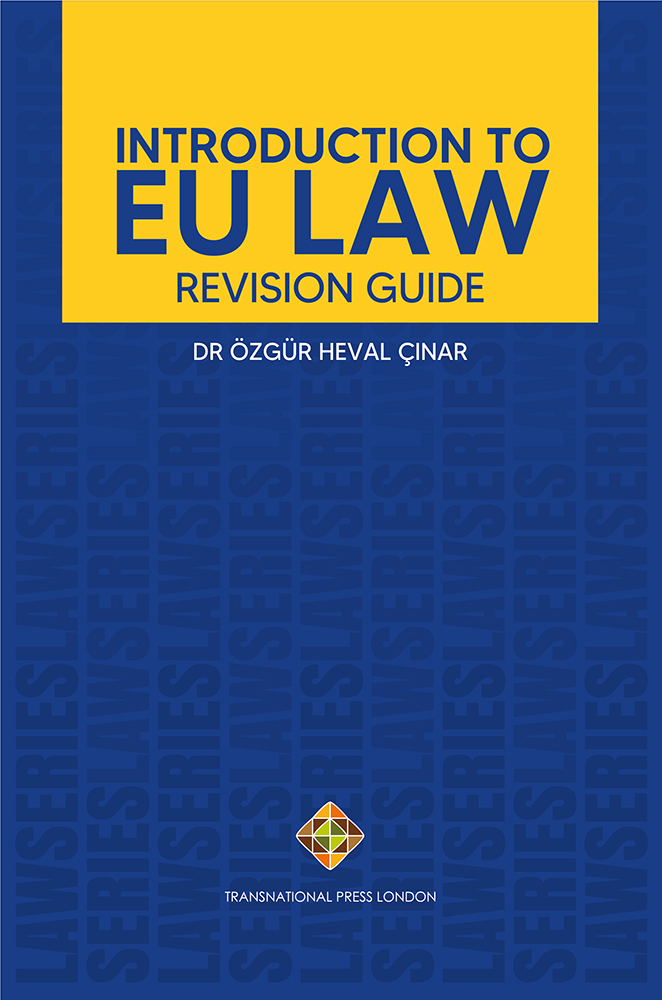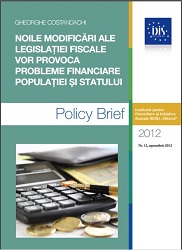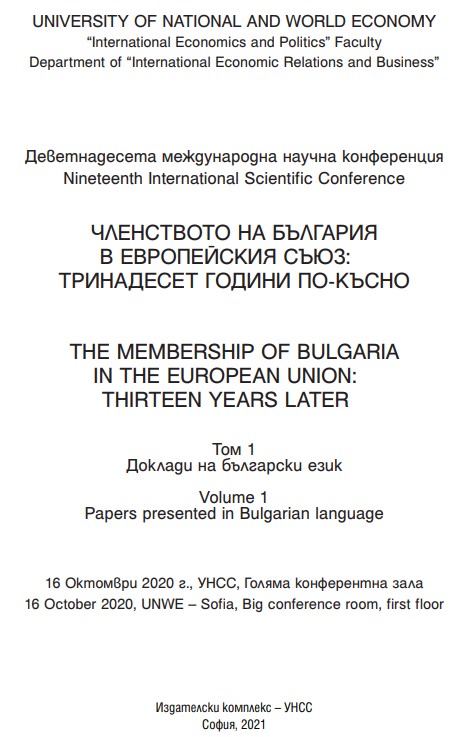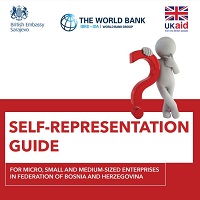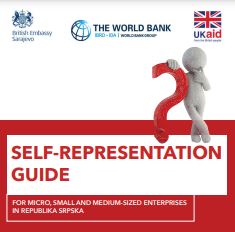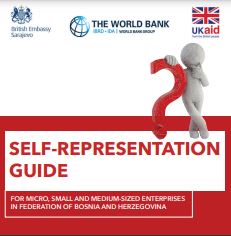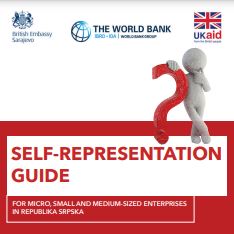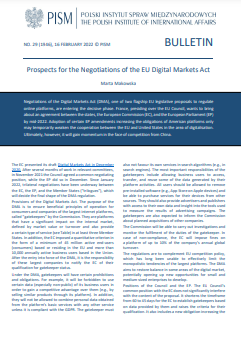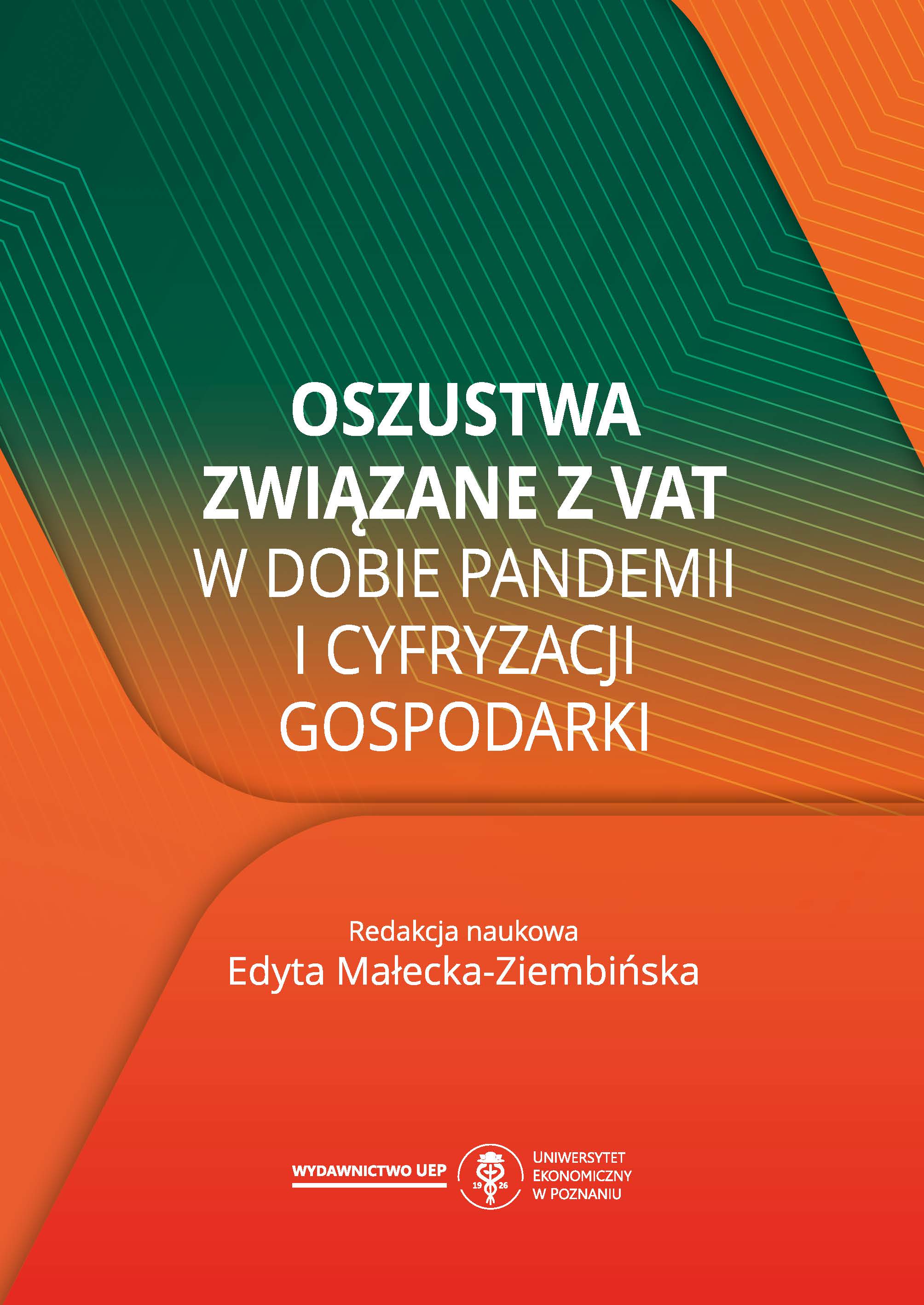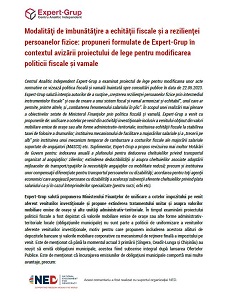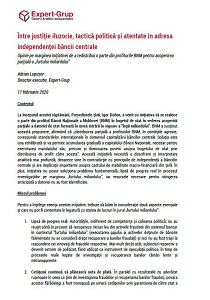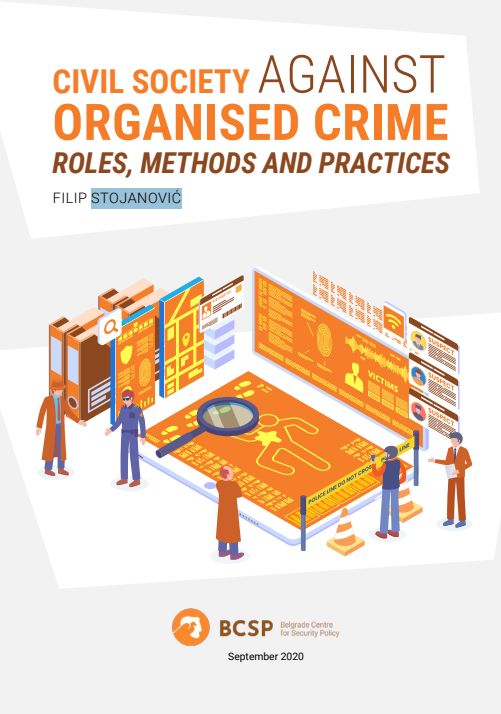Author(s): Not Specified Author / Language(s): English
(Second, extended edition)
This Self-Representation Guide for Micro, Small and Medium-Sized Enterprises in the Federation of Bosnia and Herzegovina (the Guide) is produced under the Bosnia and Herzegovina (BiH) Commercial Justice Technical Assistance Project(Project) implemented by the World Bank and funded with UK aid from the UK Government. The objective of the Project is to support justice institutions in implementing reforms that improve efficiency and access to commercial justice in BiH, building on the recommendations of the UK funded 2016 Feasibility Study on Improving Commercial Case Management in the Federation of Bosnia and Herzegovina. The Project is part of a broader World Bank initiative to raise awareness of reform opportunities and inform policy dialogue on the efficiency, quality, and access to justice across countries in the Western Balkans, with a view to improve the performance of justice systems in these countries. The Project comprises five components, as follows: (1) strengthening commercial departments and commercial courts in the Federation of Bosnia and Herzegovina (FBiH) and the Republika Srpska (RS), respectively, through analysis of caseloads and workloads, and providing recommendations to re-engineer processes, reduce backlog and strengthen court management; (2) fast-tracking small claims, based on results of comparative legal analysis of civil procedure in BiH and in several countries of the European Union; (3) increasing access to justice for Micro, Small and Medium-Sized Enterprises (MSMEs) through developing guides to increase legal literacy among firms; (4) capacity building through developing and implementing peer-led counseling and supplementary training for commercial judges; and (5) implementing procedural reforms to close loopholes and reduce bottlenecks in case processing through proposals for legislative amendments. This Guide is delivered under Project Component 3 - Increasing Access to Justice for MSMEs. Its purpose is to help the MSMEs in the FBiH to better understand court processes and gain basic knowledge necessary for self-representation at courts. The Guide provides answers to questions the MSMEs might have before deciding whether to litigate. The Guide is designed for MSMEs in the FBiH which do not possess formal knowledge in this area. A Guide of identical scope, structure and contents has been produced for MSMEs in the RS, reflecting specific features of the RS legal system and relevant regulation. The contents of the Guide and the topics addressed were defined based on broad consultations with representatives of business and legal community and the needs of the larger target audience. The Guide does not address all topics that might be of interest to some MSMEs, such as international litigations or labor disputes. The first edition of the Guide was published in December 2019 and widely distributed among the business community. To reflect the users’ feedback as well as lessons learnt from the impact of COVID-19 pandemics, this second edition was prepared to include a chapter on administrative disputes and provide additional information on liquidation and bankruptcy proceedings. The Guide uses a simple legal language and is written in a colloquial style, addressing directly a businessperson that considers using of court services. The first three chapters of the Guide introduce the notion of self-representation at courts and provide overview of the litigation procedure and organization of the court system in the FBiH. Chapters IV-VIII explain the rules of litigation step-by-step, providing guidelines for filing and responding to a lawsuit, preparing and participating at court hearings and filing an appeal. Chapters IX and X provide overview of special procedures that are important for businesses, such as liquidation and the bankruptcy procedure. Chapter XI explains the enforcement procedure, since implementation of judicial decisions is critical part of the judicial procedure. Chapter XII provides basic information on administrative disputes and proceedings in FBiH. Finally, Chapter XIII gives information on alternative dispute resolution methods, including characteristics, advantages and disadvantages of mediation and arbitration. Basic terms of litigation procedure are provided in the last chapter. Annex 1 provides information on ranges of court fees in each canton and links to the laws on court fees and calculators of court fees and costs of proceedings. Annex 2 provides contact details of courts as well as organizations or institutions that can provide additional referrals. Annex 3 provides table of templates’ examples.
More...
